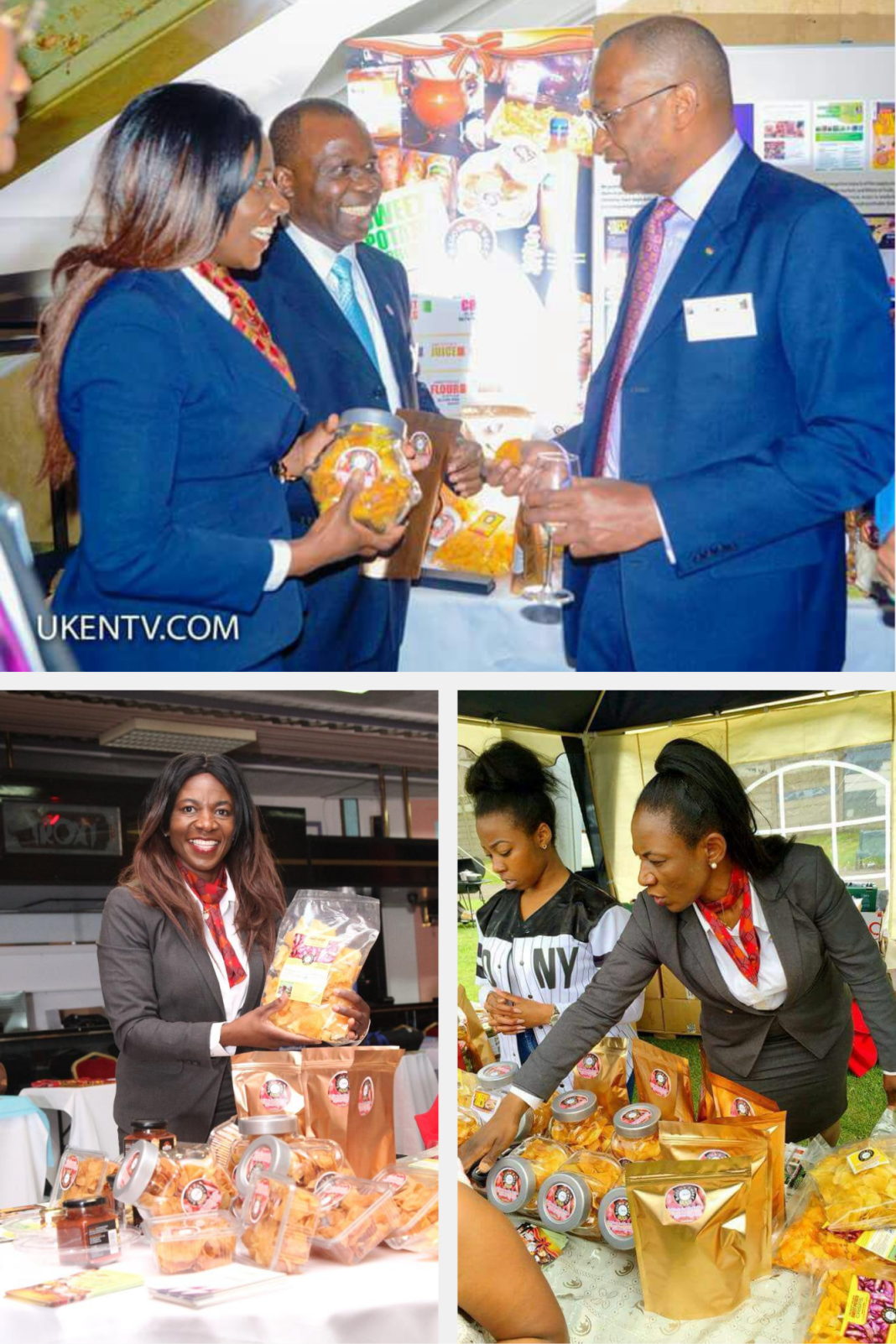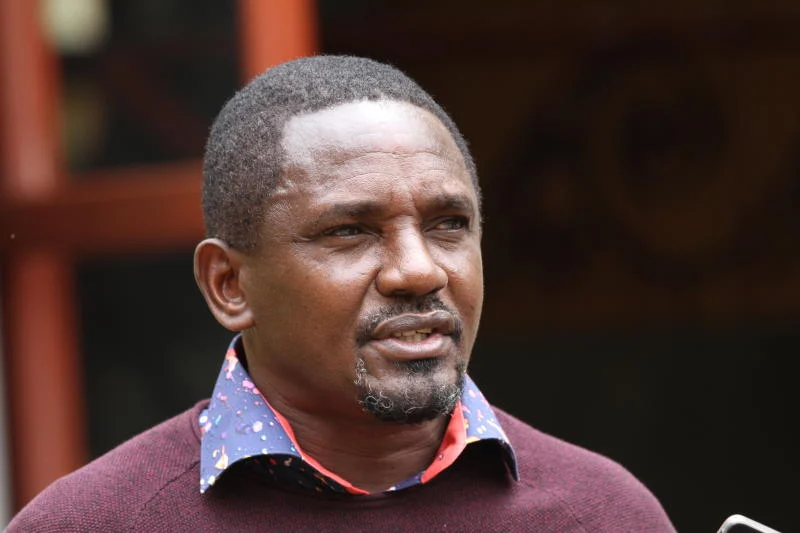By Anderson Ojwang
For eons, sweet potato farmers in Kabondo of Homa Bay county have only grown the crop for domestic consumption with little or no commercial value on it.
The sweet potato is the Kabondo’s gold that has failed to trigger meaningful economic returns despite its high food nutrition value and demand globally.
For people of Kabondo, where potato growing is the main food and cash crop, lack of innovation, value addition and investments have been some of the barriers to the growth and expansion of the sector.
And that is why a Kenyan born, Citizen of United Kingdom Mrs. Perez Ochieng found herself in dilemma when her father-in-law asked her to go and purchase some sweet potato in Kabondo for family consumption back at home in Karachuonyo.
“I was shocked to see a long queue of women selling sweet potato along the road and how they rushed to attract my attention.
I bought from all of them and when I returned home, my father-in-law and other relatives asked me why I had bought so much.
I told them, I couldn’t buy just from one seller and opted to buy from all but we could donate to the people in the village and friends.
But the villages responded that they would rather be given bread or soda which are sweet and rare to come by.
This was a wakeup call to me on what was needed to be done to explore and exploit the existing opportunity to add value and open market for the commodity,” she says.
Perez whose background is in Finance and Accounting but had zero knowledge on agricultural and post-harvest handling of crops had to navigate through the challenge of learning and finding market for the sweet potato in UK.
Perez took the tough decision to pursue Masters in Post harvest food handling while at the same time she was pitching for sweet potato market in the United Kingdom.
“I visited the Chambers of Commerce in United Kingdom, placed my proposal to import and sell sweet potato from Kenya.
At first, they were hesitant but later they called me back to inform about the availability of the market,” she said.
That was the first challenge Perez had to navigate to make first delivery to the UK market and through her company, SACOMA, she mobilized resources and returned back to Kabondo to make the first purchase.
“After a month, they called back and told me they have got a place for me to sell the product, they gave me the number, and I made a call to the facility.
I went to view the market.
I didn’t have the knowledge of the volume required and I sat down with the Directors of the market.
I told them, I want to sell a commodity to open a market for some farmers in Kenya.
They asked me, what do you want to sell? I replied to sweet potatoes.
They also asked me if I had sold sweet potato before which I said no.
I did not understand why they were asking me those questions, they at first thought I was joking and that I did not have the capacity to undertake the venture.
I told them, I just wanted to find an opportunity to open the market and I was excited about the opportunity and I came back to Kenya.
I went back to Kabondo and spoke with the women to understand how they farm their products, and I was introduced to one Mr. Vincent Okatch, who had been doing export for a while.
He became my mentor; trainer and I am thankful for his support.
He informed that sweet potatoes sold by the roadsides are not for export quality.
I put in place the financing for him to get warehousing and other facilities.
After buying from farmers about 1000Kg and grading for export, he told me that we could technically export only between 20-50kgs.
I asked him, what do you mean by that?
I need 120,000 tons of sweet potatoes.
Later on as I got into sweet potato business, I was able to acquire more knowledge, and I went back to the university to undertake masters in post-harvest handling with bias in sweet potato.
Through that, I innovated other products of sweet potato instead of concentrating only on the bulky ones,” she said.
Perez was forced back to the basic by the emerging challenges and started investing and capacity building for the sweet potato farmers.
“We went back to the basic and started with farmers, on how to grow the crop, handling during weeding, harvesting and post harvesting handling.
We had to ensure we had certifications and safety measures for the products to be accepted at the international market.
I worked with markets in UK to determine the quality and ensured that the products had no microbial contamination.
Some eat them raw, boil in the oven.
On the production, we started specializing on the sizes of the sweet potato.
We got the quality.
As a pioneering company we had to perfect the art of innovation and creativity to find the best way to raise the profile of the Kenya’s sweet potato.
I had to find someone who is so revered and senior in the country to raise the profile of the product.
Working with my partners, Brilliant Restaurant.
We thought of how we could of to engage the King to raise the profile.
We developed sweet potato products to be served to the King and this is how we got him, and we were able to serve him with various potato products and he liked it.
We did not stop there, we started working with his brother, Prince Andrew on his program to support African entrepreneurs.
I have developed several products including flour, desert, snack bars, and crisps,” she explained.
But the challenges came from developing flour locally which sometimes have high aflatoxin and bacteria.
Perez said if the county government and national government could invest and exploit the UK and other markets, the farmers would viable commercial production of sweet potato.




